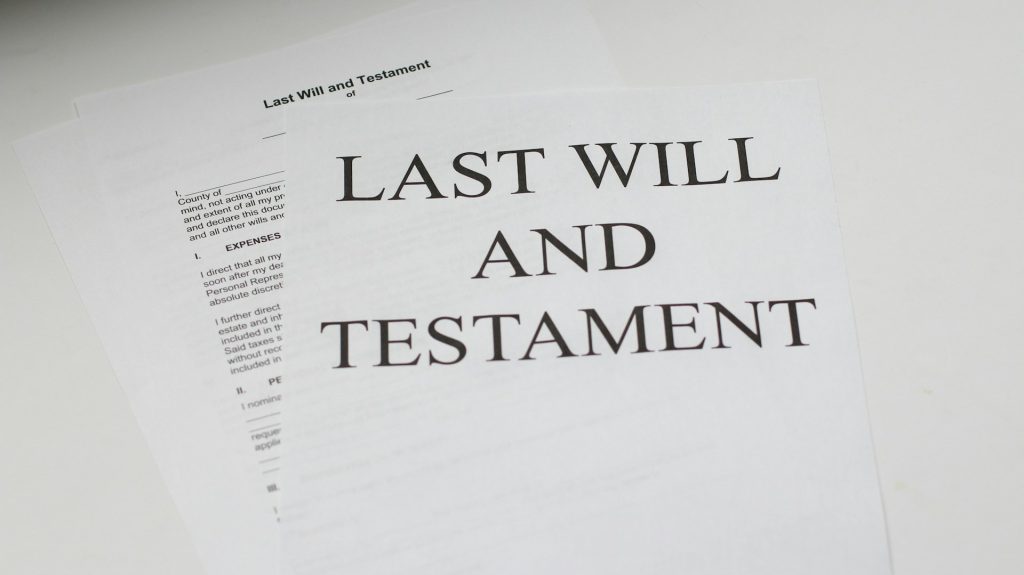
When you spend years building your wealth, you want your legacy plans to work. But even the best plans can fall apart if your heirs don’t know what’s coming. Many families face confusion, conflict, and even legal trouble because no one explained the details. This isn’t just about money. It’s about making sure your wishes are clear, and your loved ones are protected. If you want your legacy plans to succeed, you need to talk to your heirs. Here are eight legacy plans that often fail when heirs aren’t informed—and what you can do to avoid those mistakes.
1. The Secret Will
A will is the most basic legacy plan. But if your heirs don’t know it exists or can’t find it, your wishes might not matter. Courts may treat your estate as if you died without a will. This can lead to long delays, extra costs, and family fights. Always tell your heirs where your will is kept. Give a copy to your executor. Make sure at least one trusted person knows how to access it. If you update your will, let your heirs know about the changes. A hidden will is almost as bad as no will at all.
2. Unspoken Trusts
Trusts can help you avoid probate, protect assets, and control how money is used. But if your heirs don’t know about the trust, they can’t follow your wishes. Sometimes, heirs don’t even know they’re beneficiaries. This can cause confusion and missed deadlines. Trustees need to know their role and what’s expected of them. If you set up a trust, explain it to your heirs. Tell them who the trustee is and what the trust covers. Clear communication keeps your legacy plans on track.
3. Life Insurance Surprises
Life insurance is meant to provide for your loved ones. But if your heirs don’t know about the policy, they might never claim the money. Insurance companies don’t always track down beneficiaries. Unclaimed life insurance benefits are more common than you think. In the U.S., billions of dollars in life insurance go unclaimed each year. Make a list of your policies and share it with your heirs. Tell them how to file a claim and what paperwork they’ll need. Don’t let your legacy plans get lost in the shuffle.
4. Outdated Beneficiary Designations
Many assets—like retirement accounts and insurance—pass directly to named beneficiaries. But if you don’t update these designations, your legacy plans can fail. Maybe you named an ex-spouse or forgot to add a new child. If your heirs don’t know who’s listed, they can’t fix mistakes. Review your beneficiary forms every few years. Tell your heirs who’s named and why. This avoids surprises and keeps your legacy plans current.
5. Hidden Debts and Liabilities
Your heirs might expect an inheritance, but debts can eat up your estate. If you don’t tell your heirs about loans, credit cards, or other liabilities, they could be blindsided. Some debts even pass to heirs, depending on state law. Make a list of what you owe. Share it with your executor and key heirs. This helps them plan and prevents nasty surprises. Honest conversations about debt are part of strong legacy plans.
6. Unclear Business Succession
If you own a business, you need a clear succession plan. But if your heirs don’t know your wishes, the business could fail. Maybe you want one child to take over, or you plan to sell. If you don’t explain your plan, family members might fight or make bad decisions. Write down your wishes and talk them through with everyone involved. Good business legacy plans include training, timelines, and clear roles. Don’t leave your business’s future to chance.
7. Digital Assets Left in Limbo
Today, your legacy plans should cover digital assets—like online accounts, photos, and cryptocurrencies. If your heirs don’t know about these assets or how to access them, they could be lost forever. Make a list of your digital accounts and passwords. Use a secure password manager if needed. Tell your heirs how to find this information. Digital assets are easy to overlook, but they’re part of your legacy.
8. Family Heirlooms and Sentimental Items
Not all legacy plans are about money. Family heirlooms, jewelry, and keepsakes can cause big fights if you don’t explain your wishes. If your heirs don’t know who gets what, they might argue or feel hurt. Write down your wishes for sentimental items. Talk to your family about what matters most to each person. Clear instructions can prevent conflict and keep your legacy plans focused on what’s important.
Communication Is the Real Legacy
Legacy plans are only as strong as the conversations behind them. If your heirs don’t know your wishes, even the best plans can fail. Talk to your family. Share the details. Update your plans as life changes. Good communication protects your loved ones and keeps your legacy plans working the way you want. In the end, the real gift you leave is clarity and peace of mind.
Have you seen a legacy plan fall apart because of poor communication? Share your story or thoughts in the comments.
Read More
What Triggers a “Legacy Tax Review” and Why It’s Happening More Often
12 Ways to Protect Your Legacy From Taxes
The post 8 Legacy Plans That Fail When Heirs Aren’t Informed appeared first on The Free Financial Advisor.







